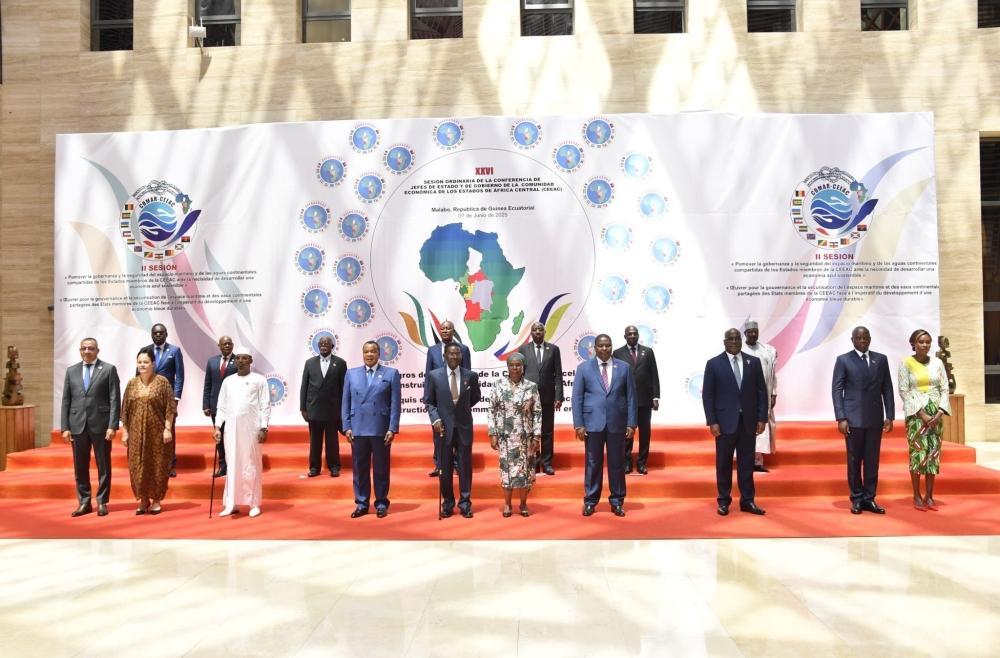Africa-Press – Rwanda. Rwanda’s decision this past weekend to exit the Economic Community of Central African States (ECCAS) is not just a diplomatic maneuver; it’s a stark reminder that regional organisations must live by the principles they proclaim.
Kigali’s withdrawal, triggered by among others being bypassed for the bloc’s rotational chairmanship due to a hate campaign led by DR Congo, exposes a troubling reality: even within supposedly egalitarian forums, power plays can override fairness and adherence to principles.
A regional bloc must be anchored in transparency, respect for its treaty, and equality among its members. When one state—whether it’s the DR Congo or any other—can manipulate processes or sideline others, the bloc’s legitimacy crumbles.
Rwanda’s founding membership in ECCAS (from the early 1980s), followed by its re-entry in 2016, was meant to strengthen economic and political ties in Central Africa. Yet in the near decade since, ECCAS has barely featured on Rwanda’s foreign-policy radar.
Almost no visible cooperation initiatives, joint projects, or public engagements despite, Rwanda’s commitment, raises serious questions about the organization’s relevance and capacity.
Before joining such bodies, the government must ask critical questions:
Are the bloc’s principles consistently applied? Is every member treated as an equal? Will Rwanda derive meaningful benefits—from trade and security cooperation to infrastructure and regional influence?
Kigali’s withdrawal is therefore a prudent, not petulant step. It underscores the need for rigorous vetting before committing national capital—diplomatic, economic, and reputational—to regional schemes.
In the wake of Rwanda’s exit, ECCAS must conduct a deep introspection: recommit to an inclusive rotation of leadership, uphold the founding charter, and revitalize its agenda with results that resonate on the ground.
Member states should also agree to formal mechanisms for resolving disputes and preventing unilateral influence.
Meanwhile, Rwanda and other states should prioritize joining or rejoining only those blocs that demonstrate genuine equality, operational consistency, and tangible benefits for citizens.
If ECCAS can reform and reassert itself as a credible institution, Rwanda’s departure could be the catalyst for reinvigoration.
But if machinations by some members continues unchecked, then Kigali’s decision sends a clear message: regional cooperation must not be simply symbolic. It must work for all its members for a collective good.
Source: The New Times
For More News And Analysis About Rwanda Follow Africa-Press






